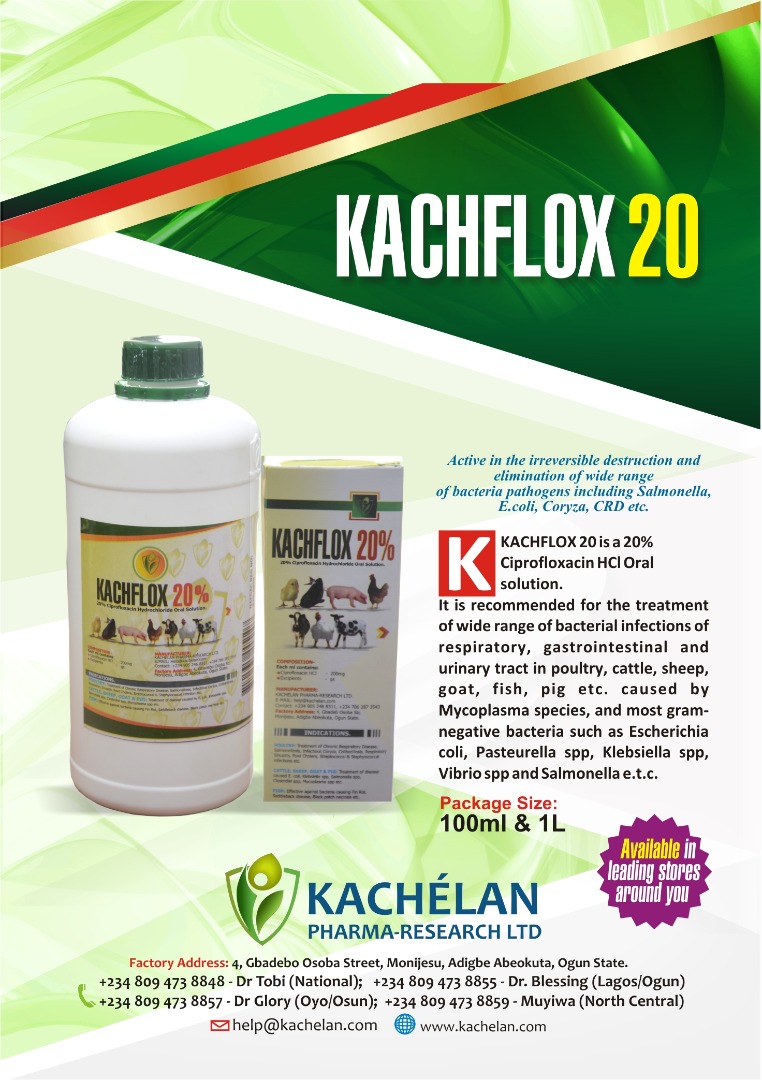How Nigeria’s agric investment increased by 175% in first three months
The total capital importation into the agricultural sector in the first three months of 2023 has surged by 175 percent despite the impact of the naira crunch on the sector, according to data from the National Bureau of Statistics.
 Learn More
Learn MoreData from the capital importation report shows that foreign direct investment (FDI) into the agricultural sector hit $ 4.84 million (N3.6 billion) in the first quarter of 2023, up 175 percent from $1.76 million (N1.3 billion) in the same period of 2022.
The investment to the sector accounts for 0.43 percent of the $1.13 billion total capital investment into the country from January through March 2023.

On a quarter-on-quarter basis, investment into the sector declined by 30.4 percent to $4.84 million in the first three months of the year from $6.95 million in the fourth quarter of 2022.
The fishing subsector of the agricultural sector did not attract any investment for the first three months.
“The sector is attractive and profitable when things are done the right way. Owing to this, the sector would continue to attract investments,” Abiodun Olorondenro, operation manager at Aquashoots Limited said.
“The government needs to create the enabling environment and address the worsening rate of insecurity to attract more investments into the sector,” he added.
READ ALSO Top 10 Best Management Practice Tips for Better & Quality Broiler Production
Despite investment surging by 175 percent in the first quarter, the sector’s growth contracted by 0.90 percent same period. The contraction is the first since the democratic era.
NBS attributed the overall decline in the country’s economic growth to the adverse effects of the cash crunch experienced in the first quarter of 2023 and the agriculture sector amongst other sectors.
Disaggregated by Sectors, capital importation into the banking sector recorded the highest inflow of $304.56 million, representing 26.89 percent of total capital imported in the period, followed by capital imported into the production sector, valued at $256.12 million (22.61 percent), and IT Services with US$216.06 million (19.08 percent).
Capital Importation by country of origin reveals that capital from the United Kingdom ranked top in the period with $673.64 million, accounting for 59.47 percent.
Read also: How Plateau Conflict Could Affect Maize Supply
This was followed by the United Arab Emirates and the United States valued at $108.28 million (9.56 percent) and $95.36 million (8.42 percent) respectively.
By Destination of Investment, Lagos state remained the top destination with US$704.87 million, accounting for 62.23 percent of total capital investment in Nigeria.
This was followed by Abuja (FCT), valued at $410.27 million (36.22 percent).
Nigeria’s agricultural fundamentals are robust and include an estimated 84 million hectares of arable land, out of which only 40 percent is cultivated and only 10 percent of the 40 percent is cultivated optimally. But with adequate financing, the country can put its 84 million hectares of arable land to productive use, experts say.








![NiMet Predicts Late Onset Of Rainfall Across Nigeria In 2024 [Check Details]](https://worldfarmerscentre.com/wp-content/uploads/2024/02/images-2024-02-21T091823.034-218x150.jpeg)
![Nigerian states with fastest-rising food prices now [See list]](https://worldfarmerscentre.com/wp-content/uploads/2023/02/images-1-218x150.jpeg)





